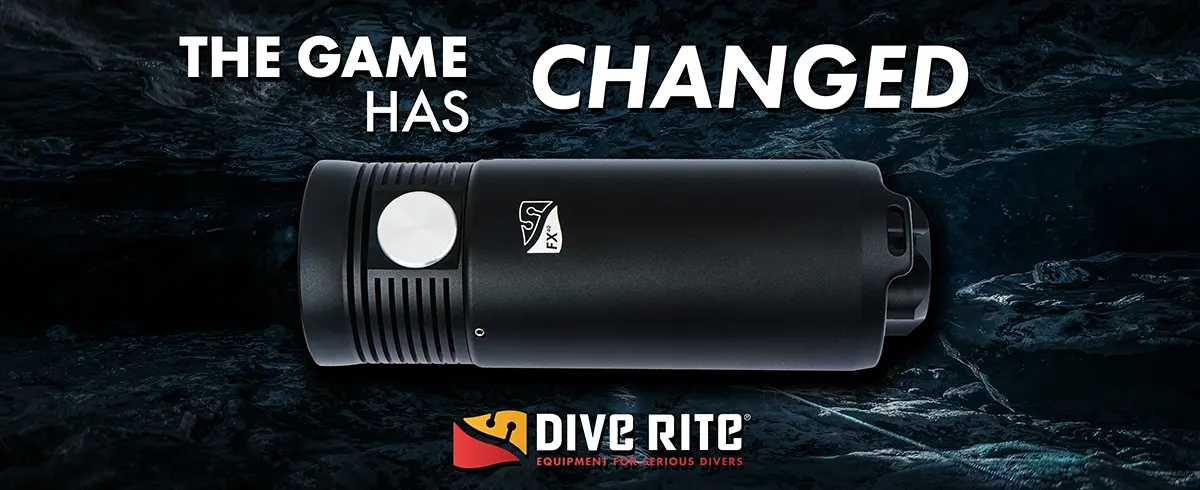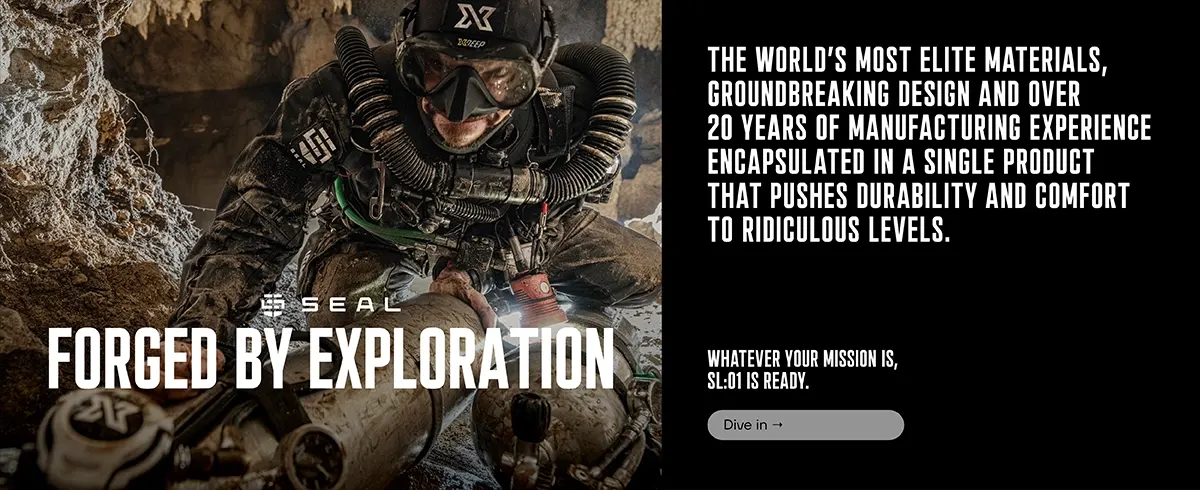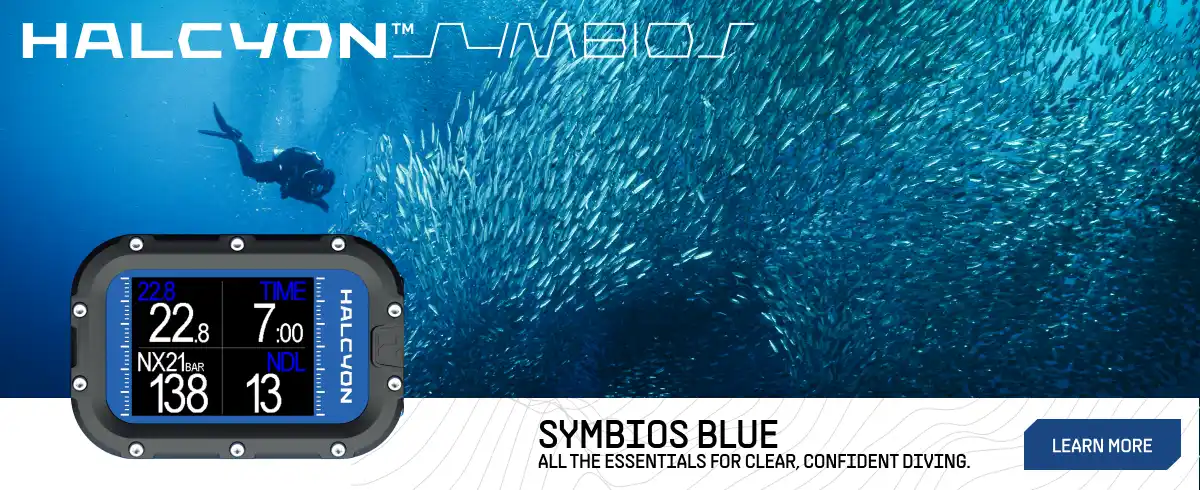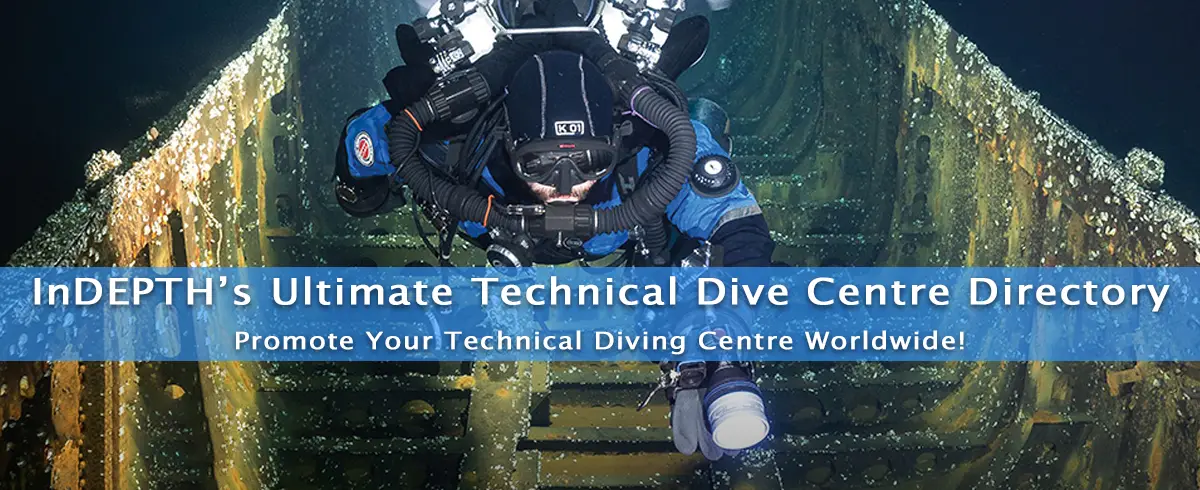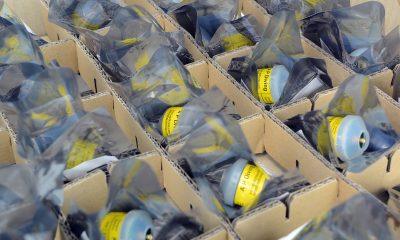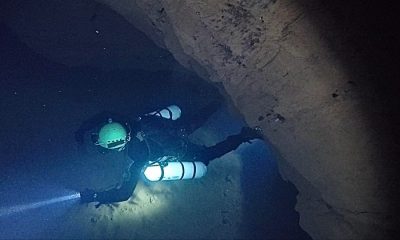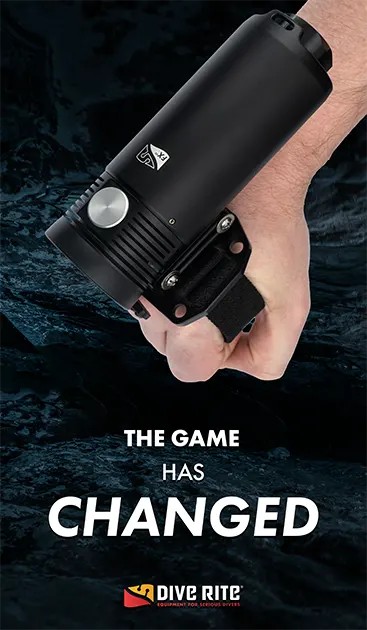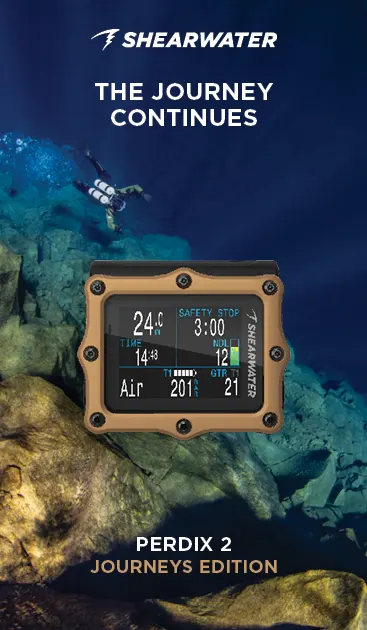Community
A Safe Restart: The Decalogue For Rusty Divers
After a long winter—and an even longer coronavirus lockdown—nitrogen abstinence has reached its peak. Make sure you are prepared to safely head back underwater. DAN Europe has the deets.

Sponsored content by Claudio Di Manao for DAN Europe
Header image by Julian Mühlenhaus
After a long winter—and an even longer coronavirus lockdown—nitrogen abstinence has reached its peak. During this very special spring, only divers with private pools or private access to sea/lakes/puddles were able to practice diving. If you don’t belong to this lucky category, you need some advice before taking nitrogen again in order to avoid overdosing and other hiccups. Refresh your scuba skills and equipment before you head back underwater with these 10 tips from Dan Europe.
1- Dive suits, both wet and dry, tend to shrink during periods of inactivity. (Ed. note-check your clothing as well. Mine seems to be shrinking) You can try to lose a size by walking to the dive site with bags on your shoulders, but only if you live at least 300km from destination. Alternatively, you can rent a well sanitised dive suit at your local dive shop, or purchase a new one. You’ll find that offshore factories continue to make mistakes on European sizes. Be cautious when predicting when you’ll get back into shape—you could spend years renting.
2- If dive suits shrink, batteries tend to run out. You surely noticed this when your scooter didn’t start back up in April. Keep in mind that, unlike the scooter’s batteries, which charge while moving, the batteries in your dive computer will NOT recharge during the descent. Get new ones where you’re sure you can find them. Another shameless tendency of batteries: in addition to discharging during the dive, there are many different types, and you may not find the ones you need in the shop right near the dive site.
3- The waterproof briefcase with your beloved save-a-dive kit is probably where you’ve last stored it. Did you do any housework in the meantime? No, I didn’t think so. Then try looking behind the paint buckets: if you live with a non-diver, it’s likely to have been mistaken for a drill case and not a crochet set. Found it? You’ll get your precious collection of O-rings and Allens, your half-a-kilo DIN adapter and the hard-to-find mignon tube of silicone. Is there a strap missing? It broke on the dinghy last September, remember? Now check if that spare mask is still in your BCD pocket.

4- Unpleasant creatures tend to gravitate to damp, uncrowded cavities. Dive suits and second stages offer maximum comfort for spiders, scorpions and cockroaches. The story of the divemaster who got a cockroach out of his bronchi is NOT an urban legend. So, check the mouthpiece before you use it and turn the dive suit inside out. Avoid transporting pests to places where they don’t belong.
5- It doesn’t look bad if you start over with a simple dive. Macho divers claim that there’s no fun in easy dives. However, if you don’t want to become the attraction, avoid starting back in with a challenging dive. If possible, make an easy dive from the shore. Rest assured that the ones who are pushing you into a complicated dive will be the first to complain about your less-from-perfect buoyancy, trim and consumption rate. A refresh is never dishonourable.
6- You already know this year’s novelty, it’s called COVID-19. In the name of social distancing, it would be good if you fill in a questionnaire about your (hopefully very distant) relationship with the virus, before going diving. You can find it HERE. Remember to maintain a physical distance of at least one meter (two metres are recommended in some countries) and wear a protective mask while at the dive centre, outside and on the boat or dinghy. Now breathe easy: underwater you can finally forget about it!
7- Three dives a day are probably too many, even for those who have already resumed diving. Make a maximum of two, and you will be at peace with your residual nitrogen, your ears, and your energy. Unlike computer batteries, human energy reserves increase with practice. For mysterious reasons, physical performance and concentration tend to drop with stress and fatigue, even when diving. And remember, your proper social distancing from DCI is 5 metres depth, for at least 3 minutes!
8- The buddy check is not an outdated habit, but a rule which is too often ignored. Due to the new C-19 prevention rules, of course, you are not allowed to touch your buddy’s equipment, but you can ask them to do it on their own under your watchful eye, while instructing them to check their BCD, weight belt, regulators, inflators, computer, gas reserve and valves (the valve should ALWAYS be accessible to the diver). Ask your buddy to do the same with you, and you’ll have brought back a safe habit.
9- Your DAN membership doesn’t last for life: it must be renewed every year!
10- Now you can finally relax: your diving license has no expiration date (unless you are a GUE diver)! It’s just your diving skills that need a refresh, and what better way to do that than go diving! ☺
P.S. Ah, you haven’t replaced that mask strap? According to Murphy, the tendency of a specific part to break is inversely proportional to the availability of spares for that part. Remember to call George: your spare mask is still in his BCD pocket!








